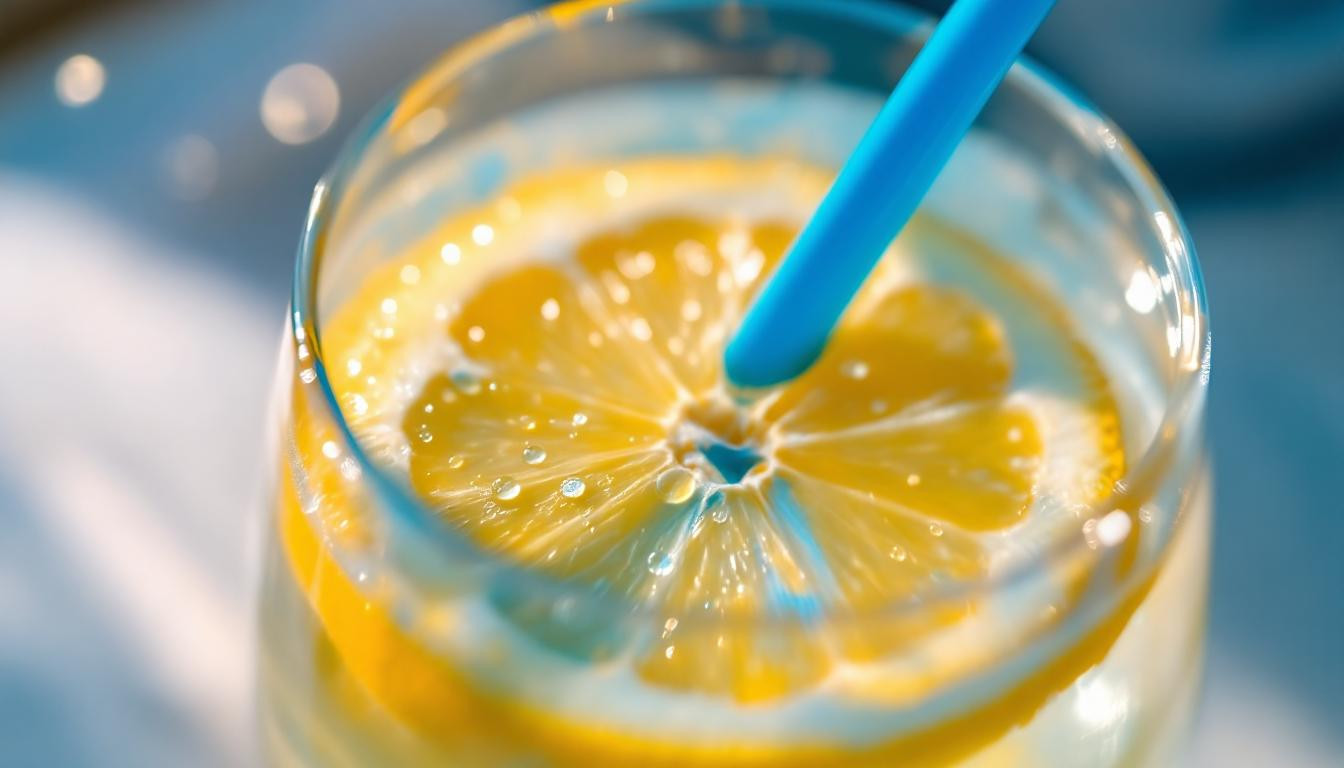I stared at my reflection, shocked by what I saw. My once-bright smile now appeared dull and yellowed. The morning ritual I thought was boosting my health had been silently destroying my teeth. After years of starting each day with fresh lemon water, my dental enamel had paid the ultimate price – and nobody had warned me about the risks.
The acidic truth I discovered too late
For over three years, I religiously squeezed half a lemon into warm water each morning, believing I was doing something wonderful for my body. The citric acid in lemons, however, had been gradually eroding my tooth enamel – the protective outer layer that, once gone, doesn’t regenerate.
“Lemon juice has a pH of about 2, making it highly acidic and potentially damaging to tooth enamel when consumed regularly,” explains Dr. Emily Carter, a dental specialist at Austin Dental Associates. “Many patients don’t realize they’re causing irreversible damage until sensitivity develops.”
How I noticed something was wrong
The damage didn’t happen overnight. First came occasional tooth sensitivity when drinking cold beverages. Then my teeth began appearing more yellow despite diligent brushing. The final red flag was the rough texture I felt when running my tongue over my front teeth – a telltale sign that enamel was eroding.
After consulting my dentist, the verdict was clear: my daily lemon water habit had significantly contributed to enamel erosion. I was devastated to learn this damage is permanent, similar to how incorrect brushing techniques can harm teeth over time.
The science behind enamel erosion
Tooth enamel begins to erode at pH levels below 5.5. With lemon juice having a pH around 2, it’s like washing your teeth in a mild acid bath each morning. As Dr. Michael Levin, preventive dentistry expert, told me: “Think of your enamel as limestone being slowly dissolved by rain – except lemon acid works much faster.”
“Every time acidic lemon water washes over your teeth, microscopic amounts of enamel dissolve. Unlike other tissues, enamel cannot repair itself once damaged.”
The hidden dangers in ‘healthy’ habits
My experience isn’t unique. Many health-conscious individuals unknowingly damage their teeth while pursuing wellness. This parallels how some seemingly healthy foods like mango chutney can contain shocking amounts of sugar, or how commercial lemon-lime waters may be loaded with hidden sugars.
How to enjoy lemon water without the damage
After consulting dental professionals, I’ve found safer ways to enjoy lemon water without sacrificing my enamel:
- Use a straw to minimize contact between the acidic liquid and teeth
- Dilute lemon juice more generously (one quarter lemon in 12oz water)
- Rinse with plain water after drinking, but wait 30 minutes before brushing
- Consider lemon-flavored alternatives with less acid content
The recovery journey
While my enamel won’t grow back, I’ve taken steps to prevent further damage and address sensitivity. My dentist recommended specialized remineralizing toothpaste and professional fluoride treatments. I’ve also explored alternative morning drinks like ginger-based beverages that offer health benefits without the acid exposure.
Protecting your smile for the future
My painful experience has taught me that natural doesn’t always mean harmless. Just as we should be cautious about what might be lurking in our bottled water, we must be equally vigilant about how “healthy” habits might affect our dental health.
The gleaming shield that once protected my teeth is gone forever – a steep price for my morning ritual. Had I known then what I know now, I would have approached my lemon water habit with much more caution. Your smile is worth protecting – don’t learn this lesson the hard way like I did.
